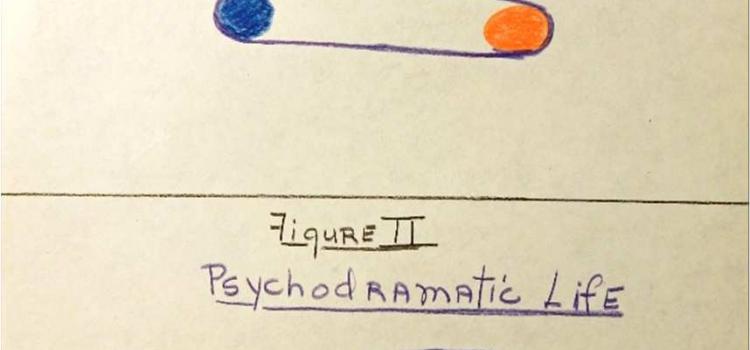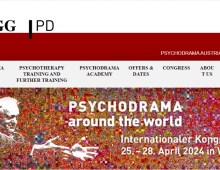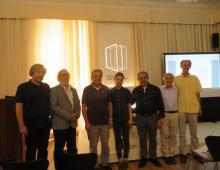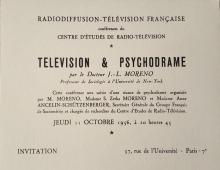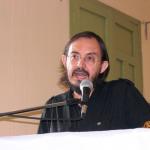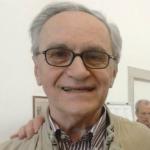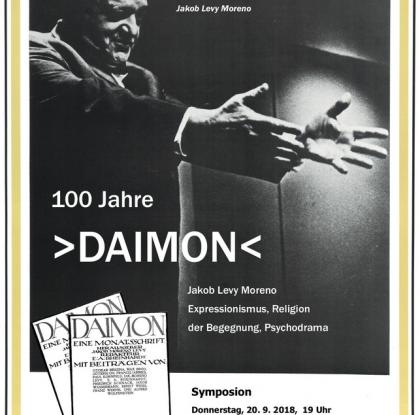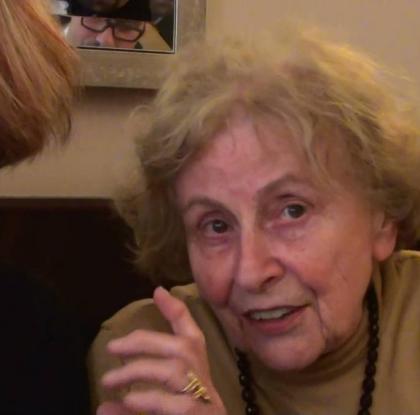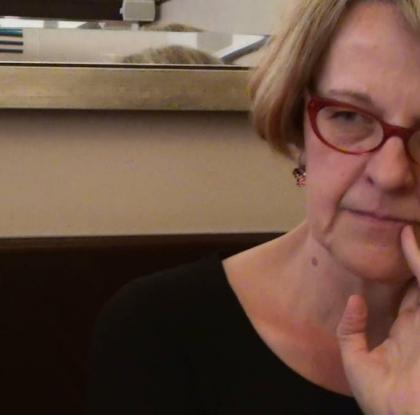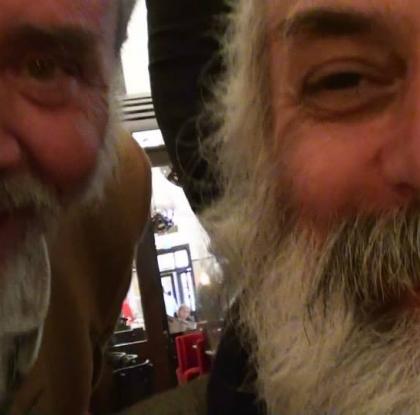Sérgio Guimarães - Origin and development of psychodrama
We are honored to publish on our website the doctoral thesis discussed orally in Buenos Aires in 2017 by Sérgio Guimarães, graduate in Psychology and Social Communication, assistant professor in the Specialization Course in Clinical Psychodrama at the Faculty of Psychology of the University of Buenos Aires ( UBA). Below you can find the abstract of this work and the link with index and entire text, written in Spanish. Our honorary member prof. Monica Zuretti and the prof. Isabel María Mikulic were rapporteur and co-rapporteur.
Sérgio has over 25 years of experience at the United Nations (UNESCO and UNICEF) that have probably contributed to his particular social sensitivity and his passion for psychodrama. His contribution to the psychodrama world is also noteworthy for his commitment as a producer and director of numerous videos posted on YouTube, many of which have gathered the vibrant testimony of Zerka T. Moreno.
We take this opportunity to thank Sérgio once again as an active promoter of the psychodramatic method, its history and potential, as well as a dear friend of our association!
.......
ABSTRACT
Following the religious matrix shaped during his Romanian childhood and his life experience with children, refugees, prostitutes and patients in the Austro-Hungarian Empire, Jacob Levy gradually built his system. The thesis shows the origin and development of psychodrama, using its theoretical framework. As a protagonist, Moreno, along with many authors acting as “auxiliary egos”, reconstructs the social, political, economic and cultural contexts of that period. Meerheimb had already coined the term “psychodrama” as a German literary form since 1888, but it did not comprehend the improvisation technique which was developed by Moreno through his initially experimental and then therapeutic Stegreiftheater in Vienna. In the United States from 1925 onwards, Moreno “hatches his eggs”: group psychotherapy (1932), sociometry (1934) and psychodrama (1937). However, contrary to popular belief, Moreno presents the scope of psychodrama beyond its therapeutic goals, envisioning three different modalities: experimental (or exploratory), therapeutic (prevention, diagnosis, treatment and rehabilitation) and educational. In addition to an “encounter” between Moreno and Paulo Freire, the author presents curiosity as a likely third influential factor in the psychodramatic process, together with creativity and spontaneity, already studied by Moreno. Dissemination and scientific validation of the method are also analyzed, as well as its main modifications.
Link al testo => Origen y desarrollo del psicodrama - tesis de doctorado Sérgio Guimarães.pdf





